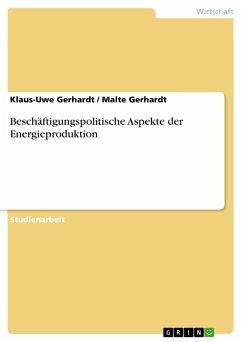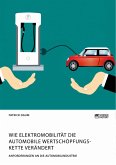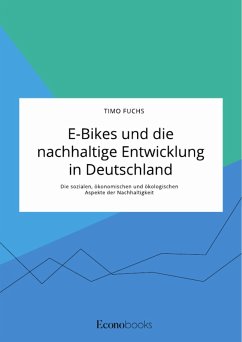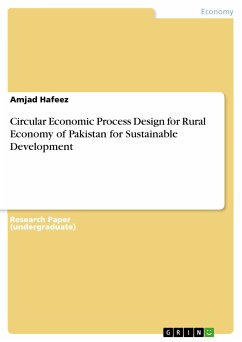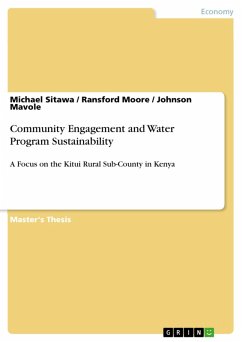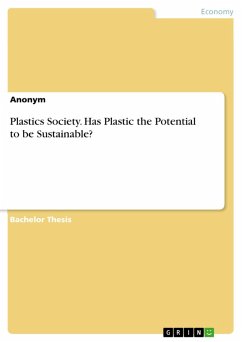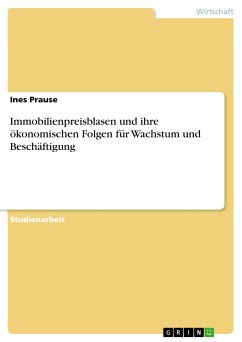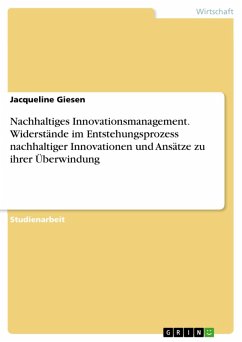Studienarbeit aus dem Jahr 1978 im Fachbereich VWL - Umweltökonomie, Note: 2,0, Johann Wolfgang Goethe-Universität Frankfurt am Main (Volkswirtschaftliches Institut insb. Wirtschaftstheorie), Veranstaltung: Ökonomische Probleme der Energieproduktion, Sprache: Deutsch, Abstract: In many OECD countries there is a more or less close connection between economic growth and energy consumption, regardless of the energy mix. But employment is increasingly secured today through efficient energy technology, environmental and climate protection. The "Green New Deal" has become the new economic strategy worldwide. What does "green economy" and sustainable business mean? How can economy and ecology be combined? Are zero growth, economic contraction or qualitative growth strategy possible in capitalism? What answers do economic theories give? Is it possible to decouple work and income? Germany is often the global market leader in the field of environmentally friendly technologies, sometimes loses this position and then risks unemployment, especially in future markets. Trade unions fear that the energy transition will cost growth rates and jobs and that unemployment will be a necessary consequence. There are influential economic interests that are committed to the continued existence of coal and nuclear power. On the other hand, there are industry managers who question the environmentally harmful economic path that makes natural resources more expensive or destroys them. The environmental movement is constantly drawing attention to the consequences of the climate crisis. But the consciousness of those in power is changing only slowly. Can the environment be protected without sacrificing comfort and without causing unemployment? How is the welfare state set up in the future? Can more resources be saved when there is zero growth? Can the close relationship between economic growth and energy consumption be loosened even further or even reversed? Under what conditions can our level of prosperity be secured with less energy, less consumption of resources and more sustainability. These questions are hotly debated in society and science.
Dieser Download kann aus rechtlichen Gründen nur mit Rechnungsadresse in A, B, BG, CY, CZ, D, DK, EW, E, FIN, F, GR, HR, H, IRL, I, LT, L, LR, M, NL, PL, P, R, S, SLO, SK ausgeliefert werden.

